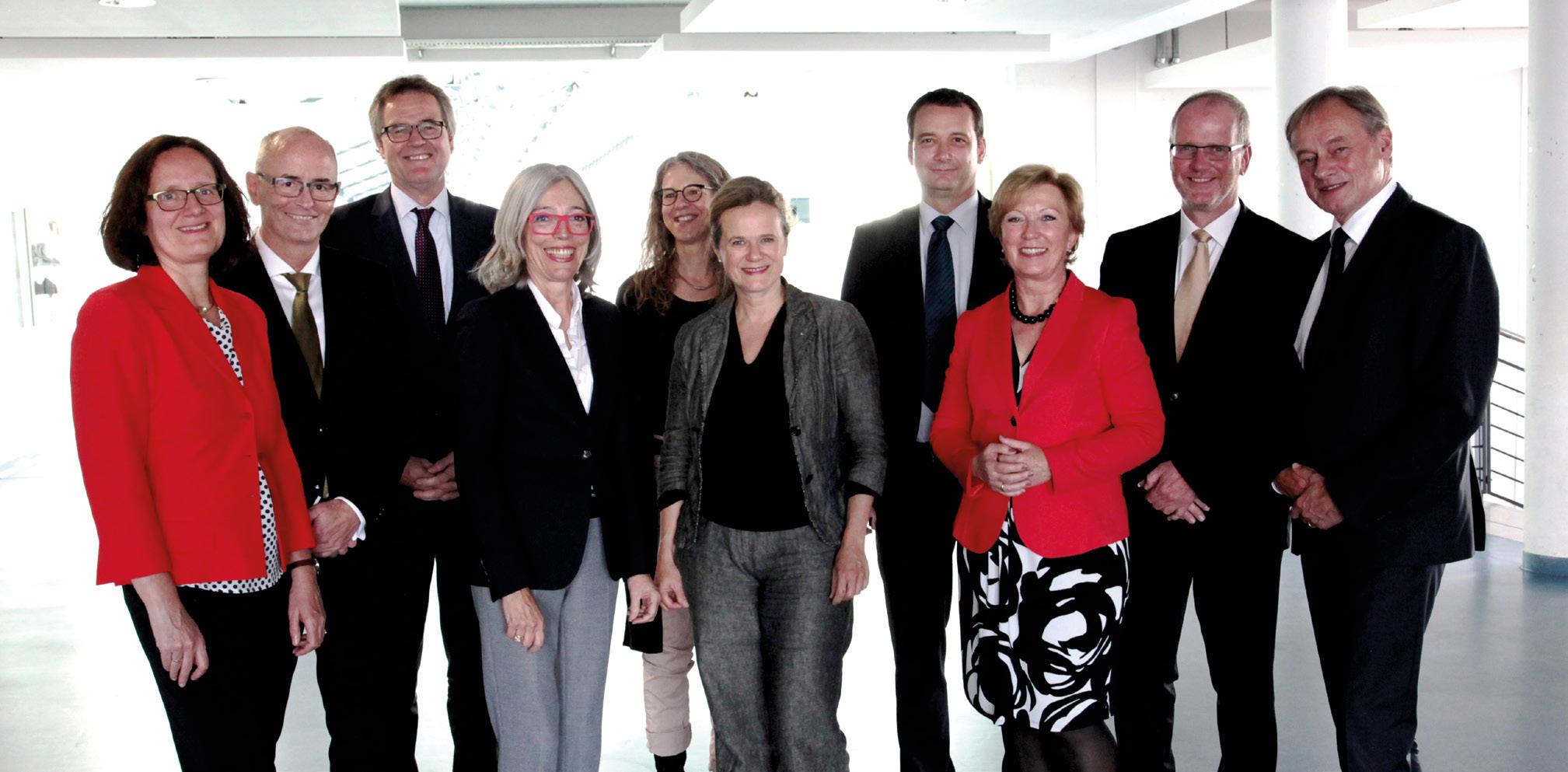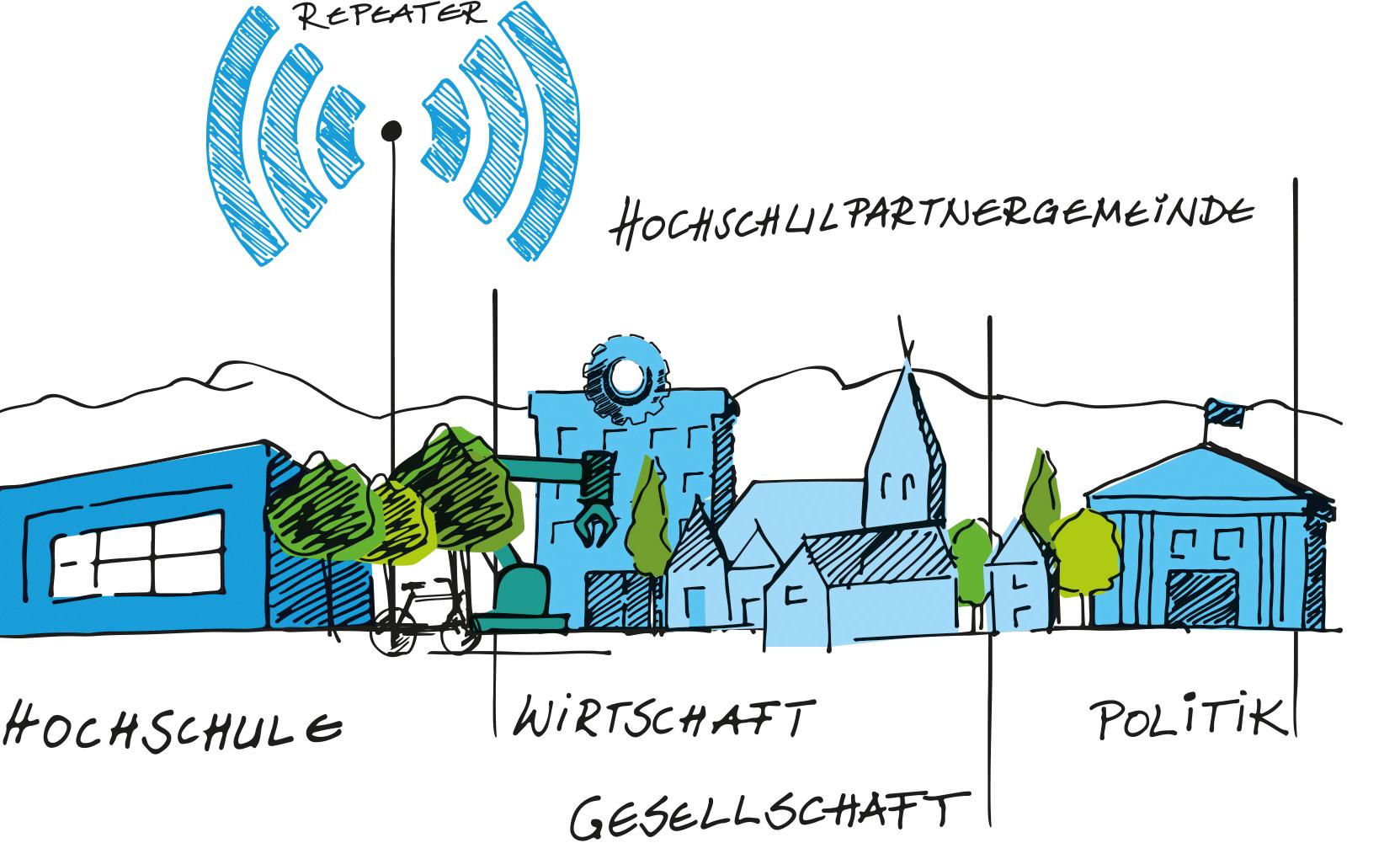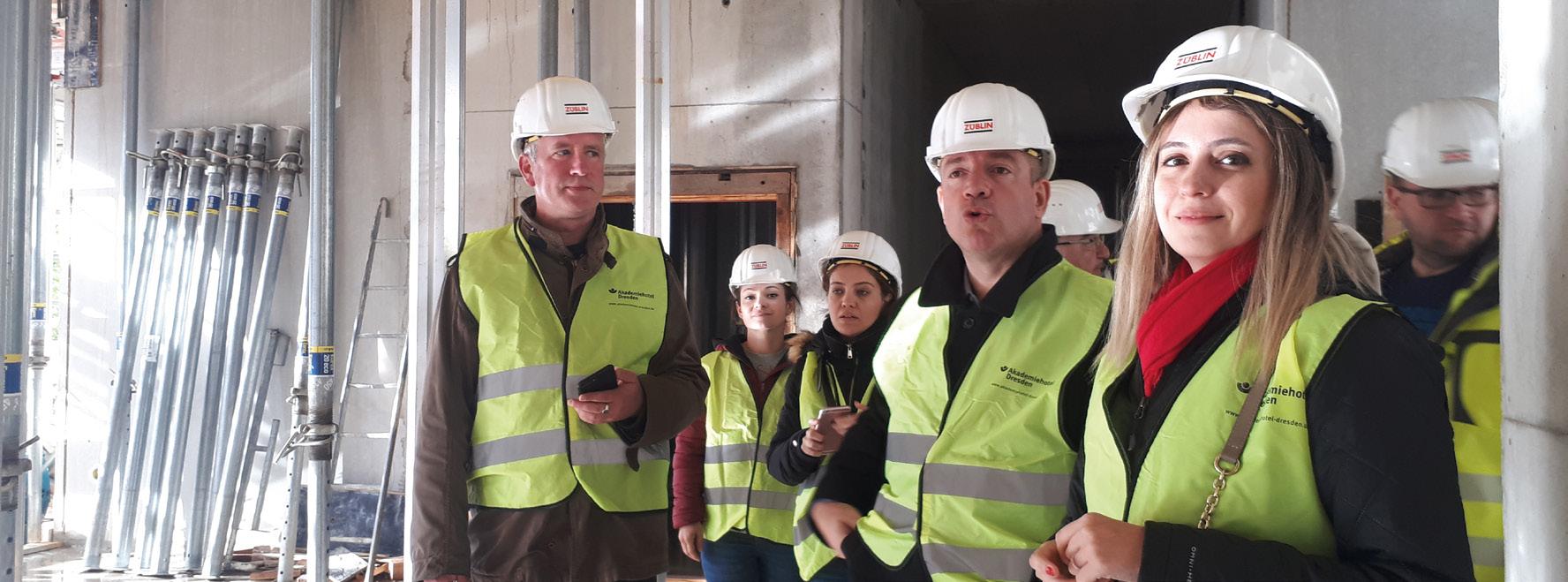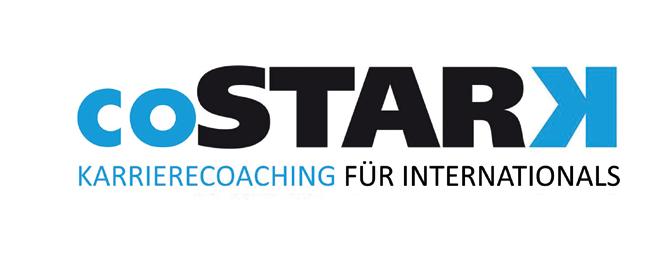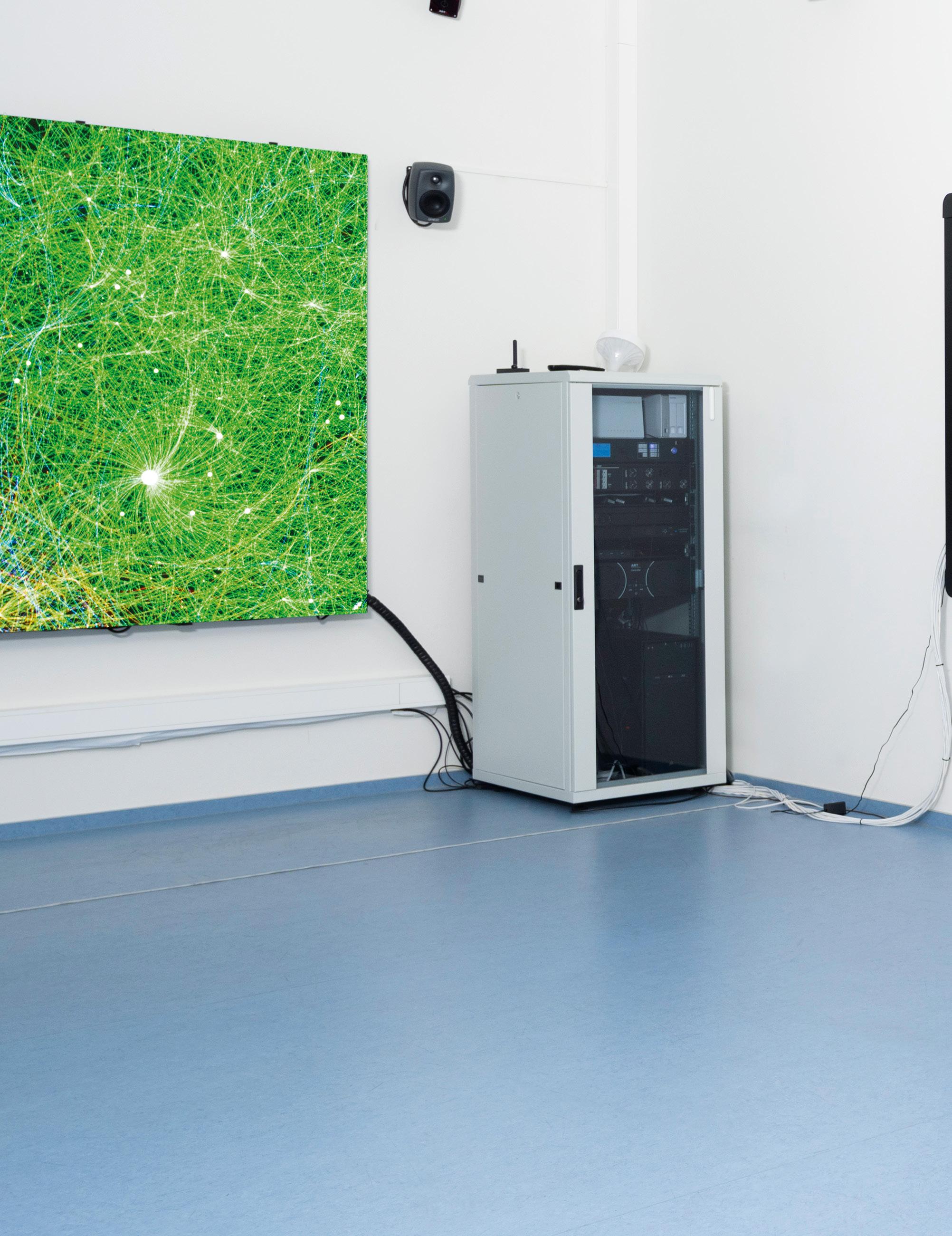
3 minute read
Sustainability is a fundamental component of teaching
A fundamental component of academic education
H-BRS has set itself the task of integrating the topic of sustainability in teaching. Thus the university plays a pioneering role and networks nationwide
In times of global climate strikes and Industry 4.0, the issue of sustainability is rising more strongly in the public consciousness than ever before. It has long been clear to Hochschule Bonn-Rhein-Sieg that sustainability must be an integral part of teaching. “If we want to achieve changes in the sense of sustainable development through scientific research and innovation, it is essential that the topic of sustainability become a fundamental and integral component of academic education”, emphasises Professor Stefanie Meilinger, who teaches and researches in the field of sustainable technologies.
The university‘s internal commitment is beginning to bear fruit. For the interdisciplinary teaching format “Sustainability and Responsibility Across Departments”, the team of four lecturers with Professor Britta Krahn and Dr Thomas Krickhahn (Management Sciences), Professor Klaus Lehmann and Professor Margit Schulze (Natural Sciences) won a fellowship from Lehre hoch n – a nationwide network for excellent teaching that awards an annual prize for innovative teaching programmes.
Great interest from students
Bachelor students from the Departments of Management Sciences, Natural Sciences, and Electrical Engineering, Mechanical Engineering and Technical Journalism (EMT) participate in the voluntary supplementary subject. The courses are held alternately by each of the four lecturers. “Around the umbrella themes of sustainability and responsible action, the focus is specifically on teaching scientific principles and contexts, psychological theories of environmental behaviour and the moral foundations of ethically justified behaviour based on values”, explains Krahn.
The course is in high demand among students. “It’s a great complementary subject to prepare for integrating sustainability in all areas of life, not just privately but also professionally”, says Mareike Ropers, a student of business psychology. She praises the mixture of instructive input, group discussions and the development of students’ own preventive ideas for more environmentally-conscious behaviour. “This enabled me to deal intensively with climate change and the CO2 problem.” The voluntary or compulsory elective courses take place on Saturdays, but even so there are waiting lists. “This indicates a fundamental need of our students to have sustainability issues addressed in their studies”, says Krahn.
Model: Blaue Schiene
The fact that the concept of sustainability is lived at H-BRS was also demonstrated by the nationwide workshop series “Sustainability Certificates at German Universities”, which was last held at H-BRS in September 2019, after meetings at TU Berlin and the University of Tübingen. For two days, scientists discussed in detail the opportunities and challenges of interdisciplinary teaching with a focus on sustainability as well as concrete didactic approaches and methods
for communicating the concept of sustainability. “The aim of the workshop was to create a space in which participants and speakers could present activities and discuss common themes”, explains Meilinger, one of the workshop organisers.
One project in the EMT and natural sciences departments that has been dealing with sustainability in teaching and studies for several years is the “Blaue Schiene” (“Blue Track”). Here, students of various Bachelor’s degree programmes become familiar with the basics of sustainable technology and chemistry in seminars, lectures and projects. The concept can be implemented flexibly in the departments and serves as a model. Meilinger emphasises, “At many universities, sustainability-related teaching takes place within the framework of certificate programmes. Rarely are the programmes fully integrated into the curricula of the individual disciplines. The university‘s Blue Track certainly offers something special, as does the range of explicitly sustainability-related degree courses”.
More information: www.h-brs.de/en/izne Capacity building
H-BRS lecturers can receive further training at the Centre for Teaching Development and Innovation (ZIEL). The topics of the training courses range from neurodidactics, learning apps and e-tools to breathing, speaking and voice training, laboratory didactics, competence-oriented testing and copyright law. There is also a basic workshop for newly appointed employees. The further training is intended to give new impulses for the planning and implementation of courses.


